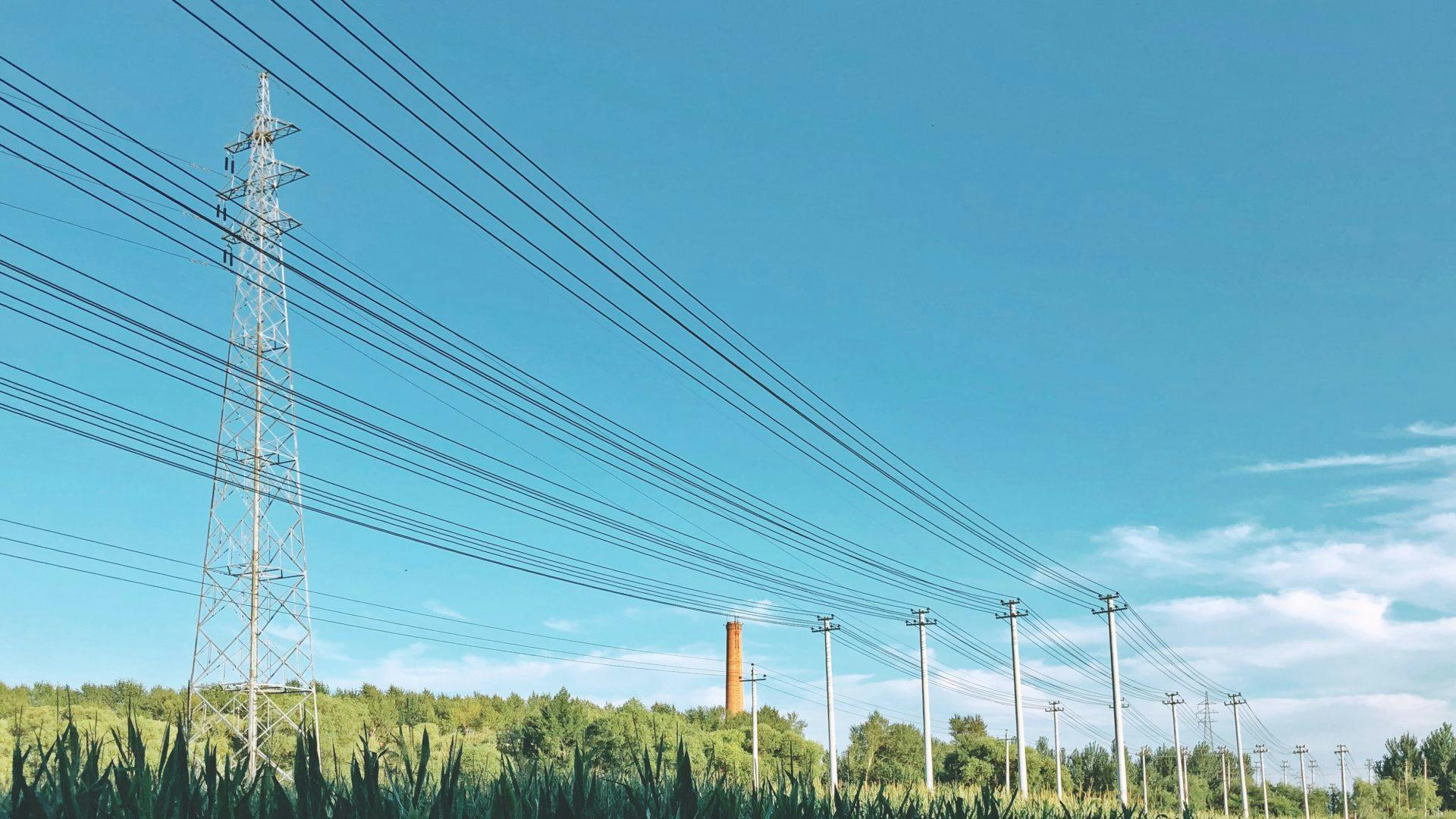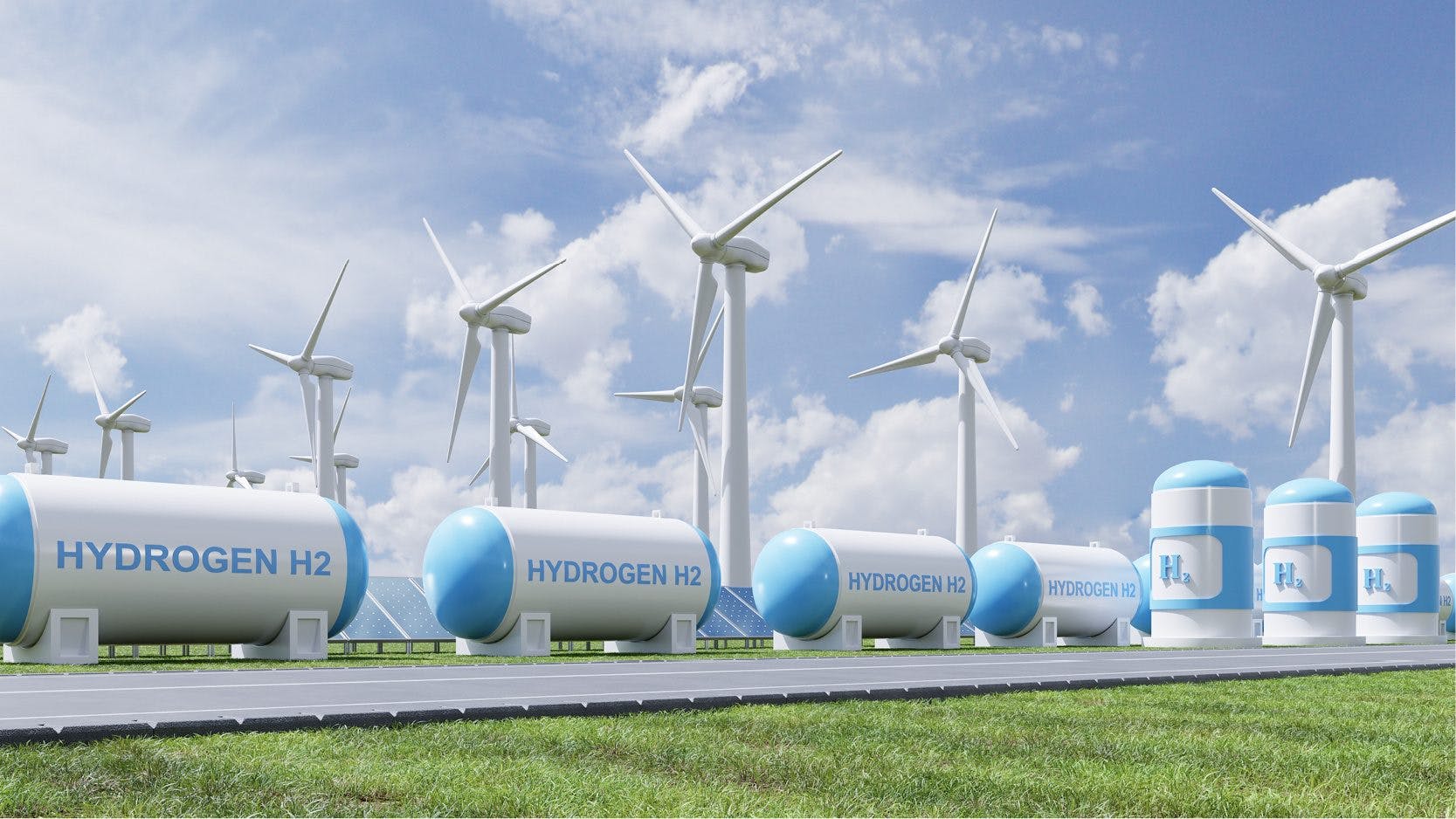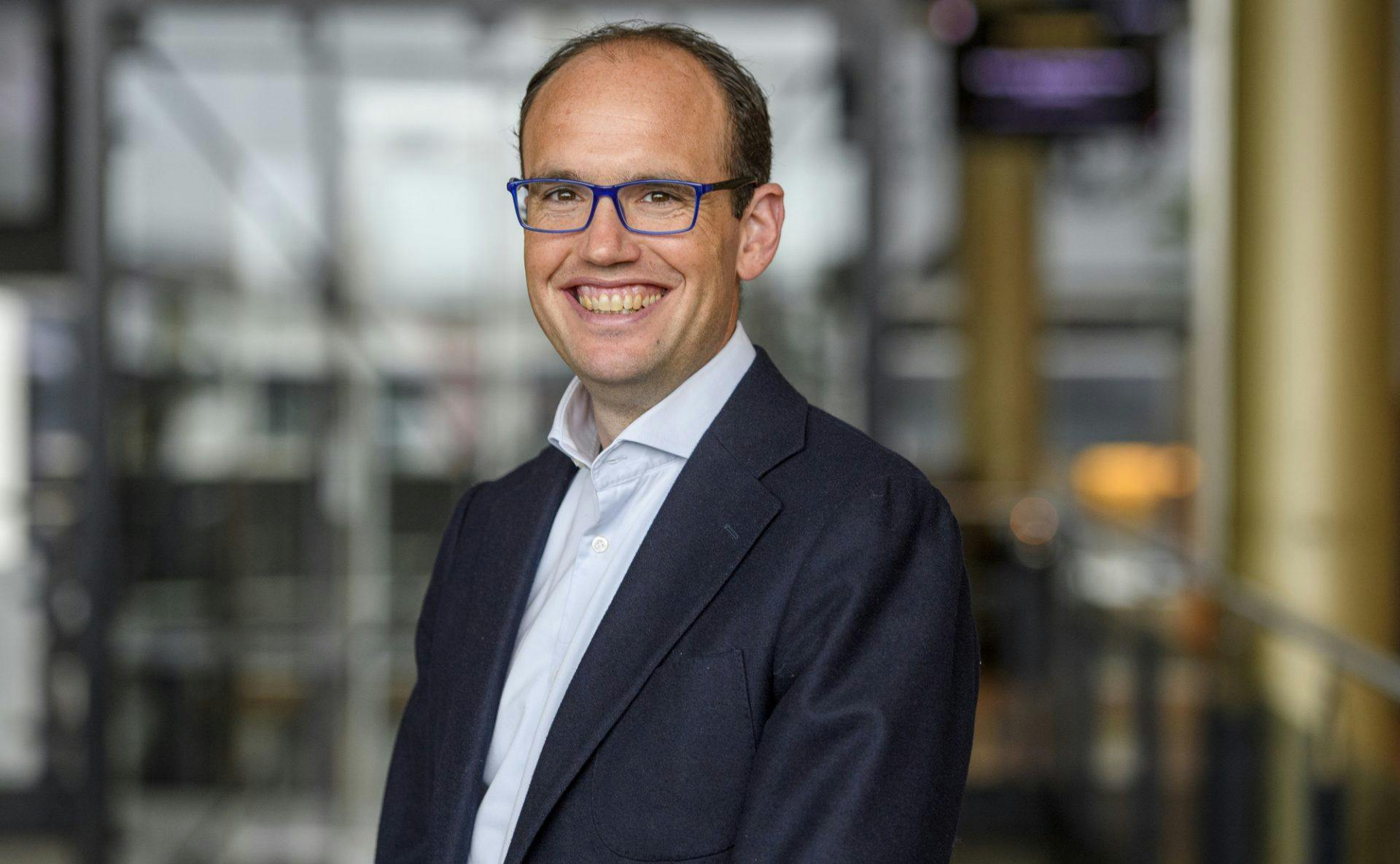Collaborating for a Sustainable Energy Future
Read time: 9 minutesIt will be news to no one that we are living in turbulent times, with multiple consecutive and simultaneous crises testing our defences. The combination of the global pandemic, extreme weather events, inflation, war and an energy crisis that has sparked unprecedented energy poverty and the possible loss of (European) industrial competitiveness has consequences, Stephan Segbers concludes. "We have to realize that energy will never again be as cheap as it used to be."
Interview with Stephan Segbers. Segbers has now been Chief Operations Officer at Essent Netherlands for nearly three years. On October 1, he will continue his career as Chief Sales Officer at RheinEnergie.
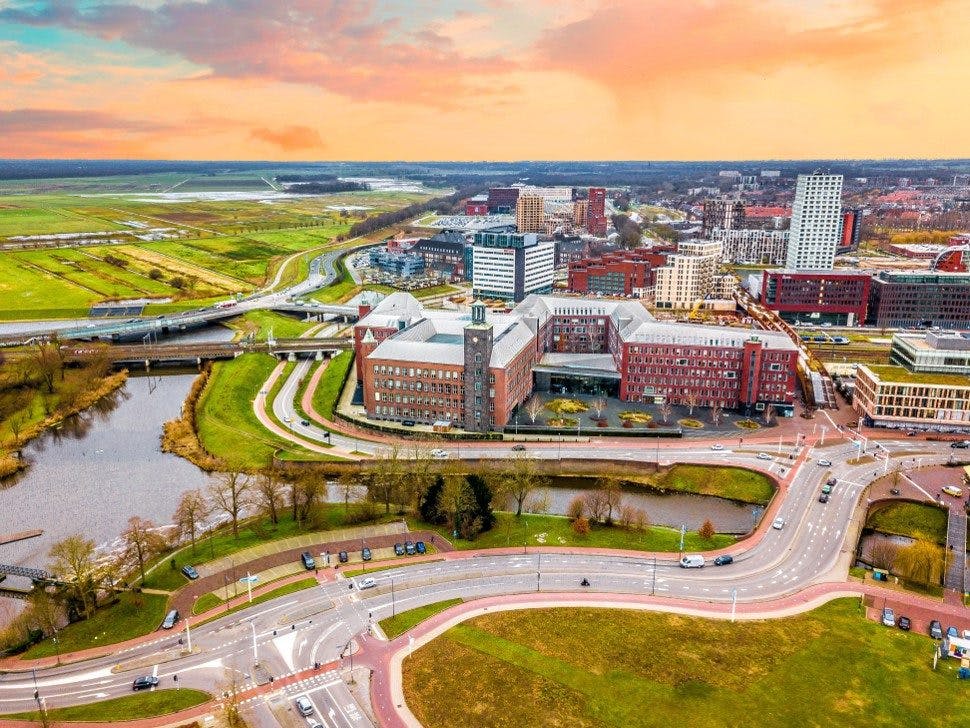
Co-creation in times of crisis
“The energy triangle consists of security of supply, affordability and sustainability, and before all these crises, the Dutch had always taken the first two factors for granted,” Segbers explains. “In recent years, the carbon emissions and sustainability took center stage, but now that geopolitical tensions have led to scarcity, the energy triangle has been recalibrated, as it were, with security of supply and affordability coming to the fore. For now, sustainability has returned to the back seat." Though COO Segbers understands why, he also has a warning: “There is no planet B and the clock is ticking. Pushing through an energy transition is the only way to save the planet and free Europe from its dependence on Russian gas in order to secure sustainable long-term energy supplies." The industry saw the energy crisis coming even before the war in Ukraine broke out, Segbers recalls. "In the last quarter of 2021, prices skyrocketed and volatility hit unprecedented levels, ushering in a completely new market dynamic, in which extreme price fluctuations caused extreme reactions. It was almost like a self-reinforcing cycle.” The energy crisis was caused not by one isolated event: it was sparked by myriad different factors: “The COVID pandemic that wreaked havoc in various sectors and left major supply problems in its wake, the availability of energy, slowly rising interest rates, followed by the terrible events in Ukraine that shook the world from a geopolitical point of view.''
''We are facing enormous challenges: how should we source our energy, how can we avoid de-industrialization, and how can we make sure we don't lose the momentum of the sustainability movement at the expense of security of supply?''
C-level executives have to push boundaries in times of crisis, Segbers argues: “You are forced to keep an eye on different indicators and cash becomes a lot more important. On top of that, you usually find yourself working with politicians more closely, because they know that crises are a time for action. As the market leader in the Netherlands, we have an obligation to our customers. We want to be a reliable partner, while also making sure that people can still afford our product. No one can solve a crisis on their own, so we always try to co-create. This was understood by the industry and politicians alike: we need to foster a constant dialogue to explore the consequences of potential actions and identify the latest market developments. If we learn from each other, we can all make it out to the other side together. Industry, legislators, regulators and other stakeholders have to contemplate the future of the market, shape the market in a way they deem best, and accept its limits."
''It is a challenge that we will have to overcome.''
Stephan Segbers has been in the energy industry for more than 15 years. He is committed to accelerating the energy transition and has held various positions with E.ON Group across virtually the entire (energy) value chain. During his career, he worked in both Germany and the Netherlands, carrying out assignments throughout Europe. Segbers holds a bachelor's and master's degree in International Business Administration and an MBA in Energy Management.
During his career in the energy sector, Stephan Segbers has seen his fair share of transitions. And yet, he believes the energy transition ahead of us is "the biggest challenge our generation will face." There are no two ways about it for Segbers, a father of four: ''it is a challenge that we will have to overcome.''
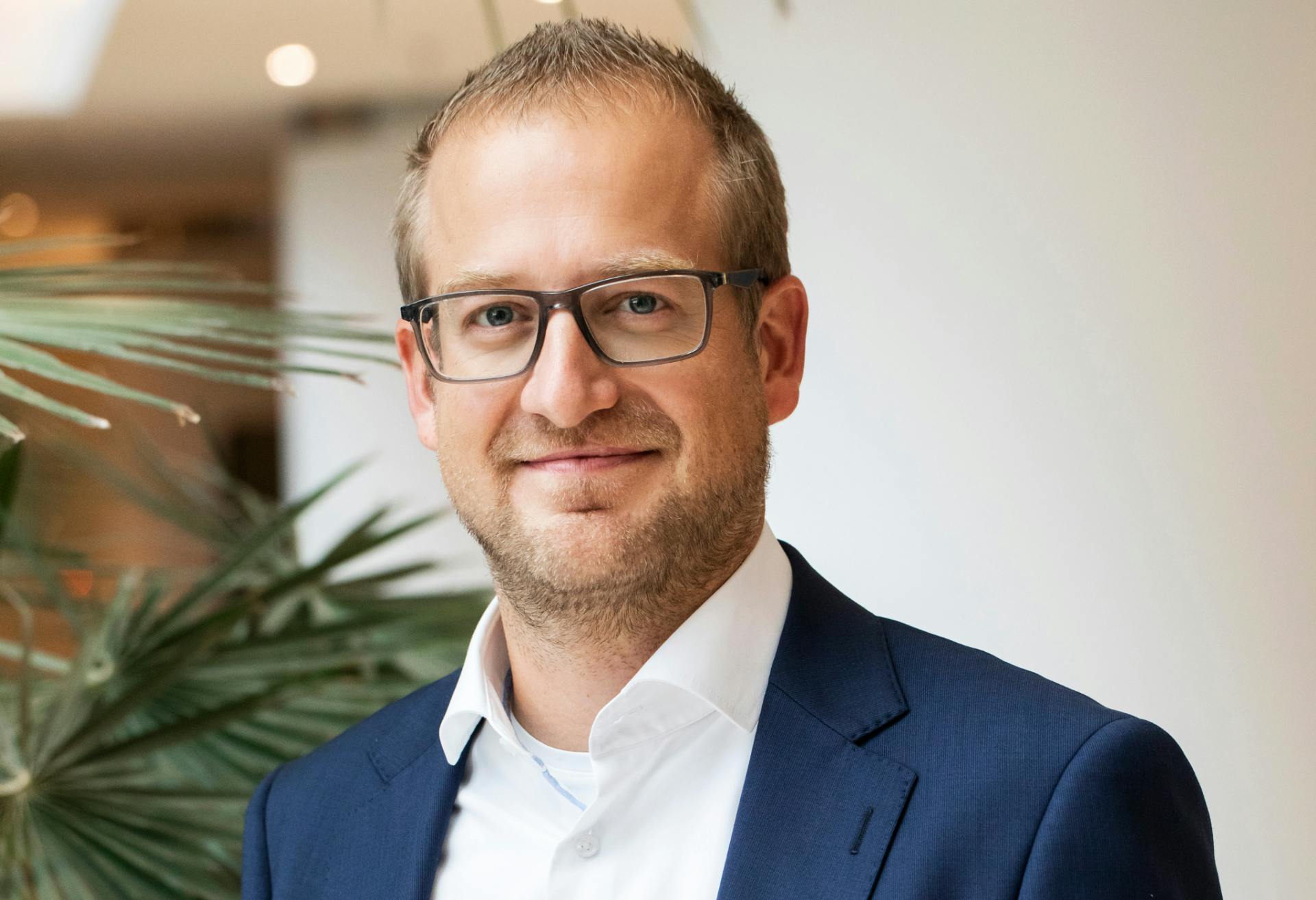
We have to realize that energy will never again be as cheap as it used to be.
Sense of urgency
Awareness of climate change has increased significantly in recent years, Segbers observes, as has the realization that a more sustainable and environmentally friendly energy system is a must. “Younger generations in particular have a completely different mindset from the generations that preceded them, and the growing awareness in all layers of society has accelerated the energy transition. Major energy companies have embraced new business models, and the industry as a whole has come to the understanding that a sustainable business model is the only way to guarantee medium to long-term success. How our B2C and B2B customers think about energy has been flipped on its head. Nobody used to bat an eyelid at energy, and now it has become one of the most hotly debated issues overnight, which will only help expedite the energy transition.
Demand for new energy solutions among consumers already far exceeds supply and our business customers have also cottoned on to the growing need: there is a different sense of urgency. Admittedly, the urgency we felt late last year is subsiding now that we have survived the winter and prices are falling below the price ceiling. But still, the war in Ukraine has marked a paradigm shift.” It will take at least another 15 years for the Netherlands to become carbon neutral, but that is not Segbers’ preferred perspective: “I’m a pragmatist at heart, so I care most about what I can do today to make sure we’re still heading in the right direction. I can go around telling everyone what state-of-the-art fuels we’ll be using in 2037, but I’d much rather explain how to make your house energy-neutral tomorrow. The energy world is becoming more complex and we need to shepherd our customers and help them find their own pathway through the transition. In the past, our customers were pure consumers. Now, they have become producers in their own right, generating electricity themselves. New energy solutions are being developed, leading to peaks and valleys in energy consumption and generation. Our goal is to help customers take the next step.”
We have to realize that energy will never again be as cheap as it used to be.
The energy world of tomorrow
Fossil fuels are being phased out, but we don’t have an self-sufficient alternative without relying on coal and gas. That is why Segbers believes that nuclear power could be an interesting option for the Netherlands. “Other countries have also embraced it as a realistic future energy source. It is efficient and has low carbon emissions, although storage is still an issue. Regardless, I think that nuclear energy will become more important than many people currently anticipate. Furthermore, offshore wind and solar are growing tremendously fast, but we will need other energy sources in the near future to supplement renewable energy where needed. It is also important to realize that we will not be able to electrify industry and mobility across the board, which is why I am convinced that hydrogen will play a key role in tomorrow's energy world. Australia and North America in particular have made tremendous progress in hydrogen and you could almost argue that they are locked in a race for grant money. There is still work to be done, especially when it comes to transporting hydrogen, but recent developments and crises have pushed hydrogen technology forward by at least 5 years. On top of that, the world has realized that demand for hydrogen will be higher than we thought a few years ago. Amidst all these developments, it is key for the Dutch energy sector, and the Netherlands as a whole, to stay competitive. How can you protect prosperity and prevent deindustrialization? The Inflation Reduction Act is an unprecedented grant program that was launched with the aim of drawing investors to North America. Companies that are heavily affected by energy prices and availability will think carefully about the best destinations for their production facilities and investments. How can the EU curb keep prices at a level that will allow us to compete with Asia and the US in the future? The energy crisis is a European crisis, so national governments and the EU need to step in and realize the importance of staying competitive.”
More digital and data-driven
"The energy world is changing at lightning speed, and our mindset will have to change with it. We need to become more flexible and agile, and make decisions faster. Moreover, the energy world is becoming increasingly digital, so any energy company wishing to perpetuate its success will have to be a data-driven organization. A fundamental understanding of energy markets and systems will remain key but must be complemented by cutting-edge knowledge of IT and data, as well as a holistic view of how to combine products and solutions, and the interaction between the two. Essent has to keep up with these developments or face losing its relevance as a company."
